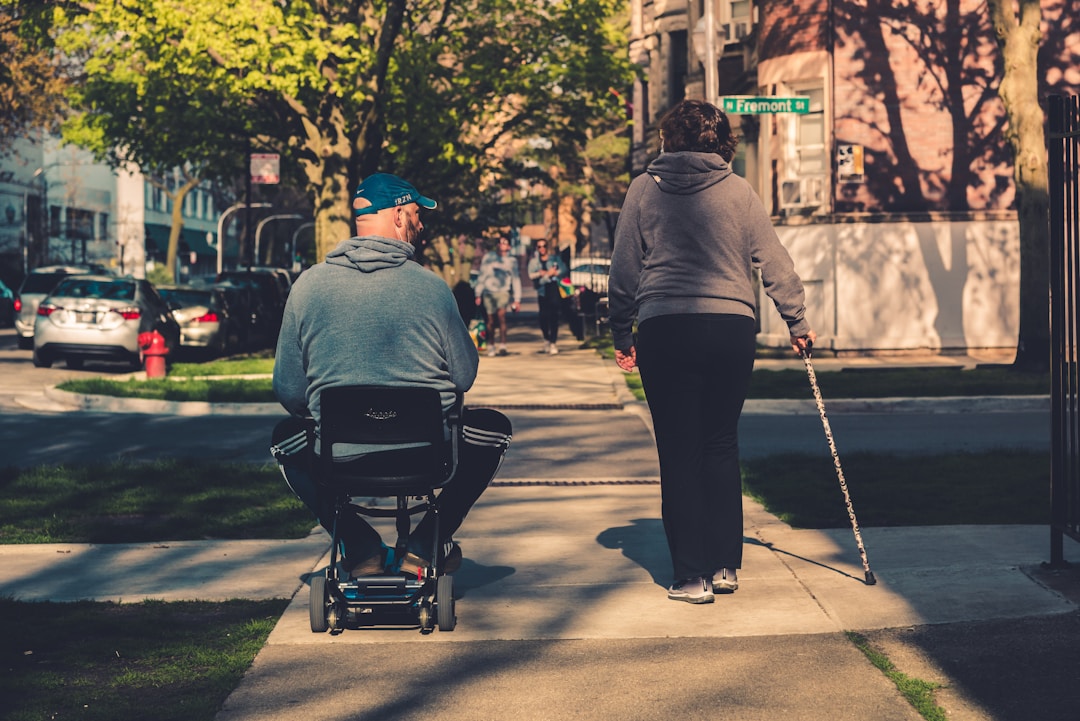As the aging population continues to increase globally, the need for services and resources to support the autonomy and independence of seniors is more important than ever before. Age-appropriate solutions enhance the quality of life for older adults and empower them to maintain their independence for as long as possible. In this article, we will discuss four essential services that support senior autonomy, enabling them to have a more fulfilling and meaningful life.
Transportation Options for Seniors

Providing accessible transportation solutions is a crucial aspect of maintaining autonomy in older adults. Many seniors have difficulty driving or navigating public transportation due to mobility impairments and other health challenges. An ideal solution for these transport needs is a Lyft for seniors phone number service.
In addition to ride-hailing services like Lyft for seniors, community-based organizations, and local transportation agencies also offer specialized transportation options for older adults. These can include senior-oriented shuttles and door-to-door paratransit services that accommodate individuals with physical limitations or disabilities. These transportation options create a crucial support system for seniors who need assistance getting to appointments, grocery shopping, and visiting friends and family.
Lastly, it is essential to encourage support from friends, family members, and caregivers who can provide transportation for seniors when needed. An informal network of assistance can help seniors maintain their social connections, thereby creating a stronger sense of autonomy and independence.
In-Home Health Care Services
An aging population often faces complex health challenges that can compromise their ability to live independently. In-home healthcare services can bridge the gap between senior autonomy and necessary healthcare assistance. Services such as those provided by home health care service providers offer various healthcare options to seniors that are tailored to their specific needs and preferences.
In-home health care services enable seniors to receive quality medical care in the comfort of their own homes, reducing the need for regular hospital visits and long-term care facilities. This not only minimizes disruptions in daily routines but also significantly enhances their sense of autonomy and independence.
Additionally, in-home health care services can provide essential support and education for family members and caregivers, enhancing their ability to manage the complex care needs of older adults. This collaborative approach ensures the best possible care for seniors while emphasizing their personal autonomy.
Assistive Technologies for Independent Living

Assistive technologies have emerged as powerful tools for seniors to live independently. From wearable devices that monitor vital signs to smart home systems allowing seniors to manage daily tasks more easily, assistive technologies have significantly improved the quality of life for older adults.
Falls are the leading cause of injury among seniors, making fall prevention a critical aspect of senior autonomy. Assistive technologies, such as fall detection systems, can provide real-time monitoring and risk assessment, enabling intervention when necessary.
Additionally, advances in telemedicine have the potential to revolutionize the senior healthcare landscape. Through remote consultations and monitoring, healthcare providers can connect with older adults in the comfort of their homes, allowing seniors to maintain their independence while ensuring they receive necessary medical care.
Community Support and Resources
A strong network of community support and resources is essential for seniors to maintain their independence and autonomy. Examples of community support include local senior centers, volunteer programs, and non-profit organizations that can provide essential resources and services for older adults.
Furthermore, connecting seniors with local resources, such as financial planning assistance and legal aid, can also facilitate a sense of autonomy. Ensuring that seniors have access to these resources can empower them to make well-informed decisions that affect their lives and overall well-being.
Strong social connections are also vital for senior autonomy. Caregivers and family members should be encouraged to play an active role in facilitating social interactions for older adults, such as arranging visits with friends and family members or assisting with participation in community events.
Altogether, promoting senior autonomy through transportation options, in-home health care services, assistive technologies, and community support enables aging individuals to maintain their independence and live a more fulfilling life. By connecting seniors to these essential services, we are helping to create a more inclusive and compassionate society for all.




